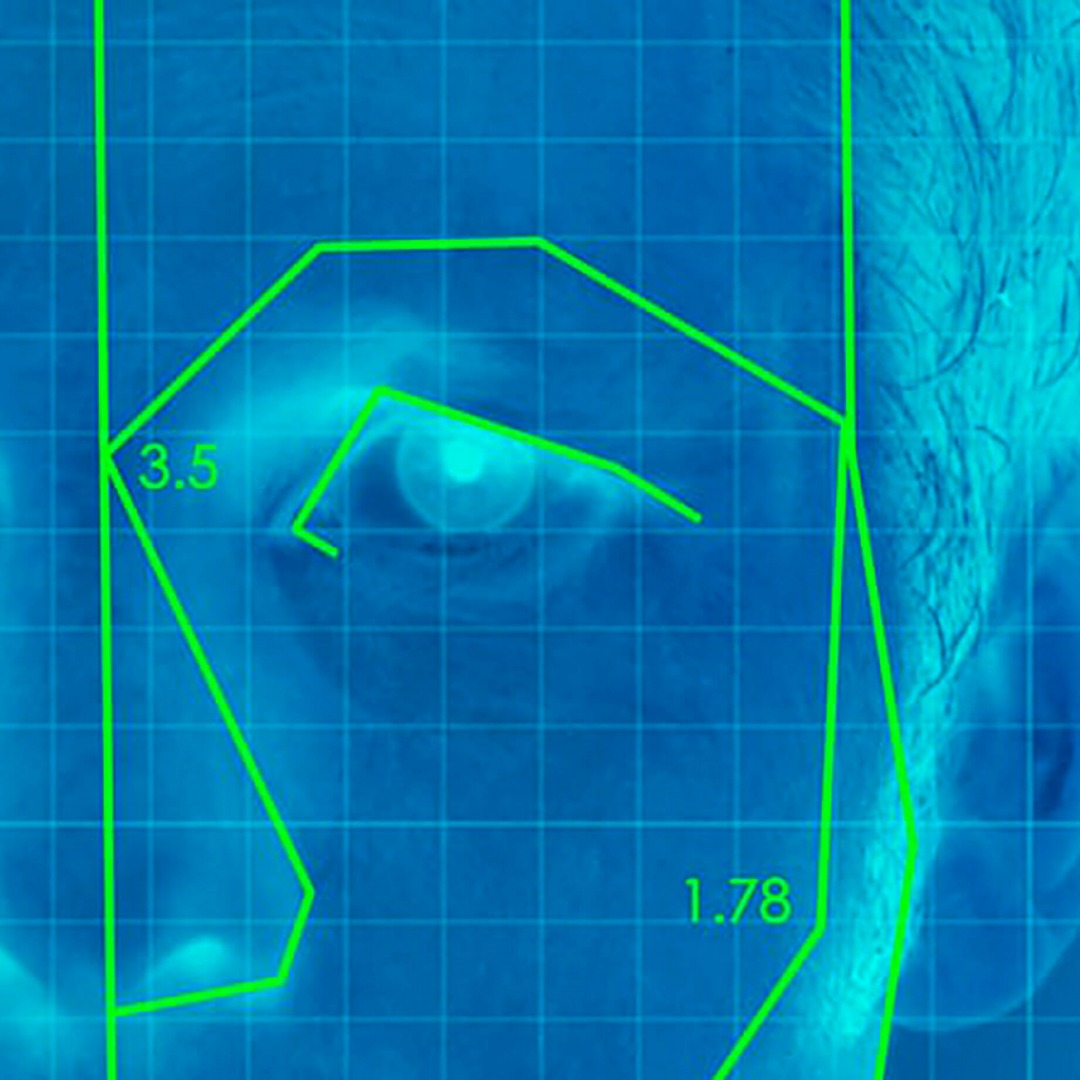Do you know that nanotechnology is shaping the future? Nanotechnology is one of the most promising disruptive technologies. What is nanotechnology? As explained by Check Tesla of Tumotech (2014) nanotechnology refers to:
“A wide range of technologies that measure, manipulate or incorporate materials or features with at least one dimension between approximately 1 and 100 nanometres.”
That’s really, really small. In fact, Tesla compares it to a million times smaller than an ant. Yet these technologies will drive considerable change. Nanotechnology is thought to have massive potential for economic growth. Indeed, it is explained that a Research & Markets forecast found a compound annual growth rate of 16.5 up until 2019 in the market for nanotechnology.
Nanotechnology may be subdivided into three main areas. These are nanomaterials, nanophotonics and nanoelectronics. Nanomaterials are materials that are made and used at a very small scale. This includes materials like silicon for example. You might be wondering what the point of that would be, but the purpose is to use unique properties that can only be found at this nanolevel. The second area is nanophotonics which looks at light and its behaviour on a nanometer scale. Nanoelectronics meanwhile is the use of nanotechnology in electronic items. Nanoelectronics can already be found in some of the items that we use, like mobile devices, for example. The drivers of nanotechnology initially have not been particularly positive. In some cases they have been advanced for government initiatives such as security. Another driver has been the development of nanotubes which are made from carbon. These have been found to have considerable strength.
Nanotechnology is disruptive because it enables so many other developments. By using nanotechnology combined with other technology, considerable change can be achieved. It is also argued that it is helpful in achieving new growth, and this is another reason that it is disruptive. It is the belief of experts that nanotechnology provides the chance to drive exponential growth in the new knowledge based economy.
Nanotechnology presents excellent opportunities to deal with many medical issues that people have. In particular it is believed that it can deliver medication and reconstruct brain cells, as well as help to restore cognitive function. It is expected that nanosensors will be a thousand times more powerful than mammograms in detecting, destroying and preventing breast cancer. It is believed that these technologies can also help with fighting both bacterial and viral infections, as well as being used to regrow both skin and tissue. Nanotechnology also potentially provides the ability for more targeted treatment, such as in chemotherapy. It is expected that chemotherapy will be able to be delivered straight to cells with this technology, with the result of battling ovarian cancer without the nasty side effects. However, it is not just medical uses to which nanotechnology will be put. It is also expected that they will be used in many consumer goods. It is believed that nanotechnology will allow smaller and more powerful microchips to be developed, and that this can cut back on the size of hard disks.
Nanotechnology has yet to prove itself however. It is argued that it needs to create a capacity to self replicate, and that if this is not achieved then it may not be a particularly viable option economically. Nanotechnology will need to be able to demonstrate that it can cut back on costs. A word of warning is also needed with regard to self replication, as this could arguably be very dangerous. Ways of overcoming issues in this regard need to be found.
Nanotechnology is advancing but at the current time the risks and dangers are not well known. There could be problems experienced for people’s health or the environment as a result of using these types of technologies. For example, studies in mice and rats have demonstrated that nanotubes in high concentrations can cause damage to lungs. On the other hand, it is argued that nanotechnology could be used effectively in the war on terrorism, such as in the form of nanoantibodies and nanobots. Nanobots would be used for destruction – eating people from the inside and nanoantibodies would fight against this. Of course, this is perhaps not very appealing to most people, so it can be seen that there are a lot of wrinkles to iron out before nanotechnology comes of age.

Paula Newton is a business writer, editor and management consultant with extensive experience writing and consulting for both start-ups and long established companies. She has ten years management and leadership experience gained at BSkyB in London and Viva Travel Guides in Quito, Ecuador, giving her a depth of insight into innovation in international business. With an MBA from the University of Hull and many years of experience running her own business consultancy, Paula’s background allows her to connect with a diverse range of clients, including cutting edge technology and web-based start-ups but also multinationals in need of assistance. Paula has played a defining role in shaping organizational strategy for a wide range of different organizations, including for-profit, NGOs and charities. Paula has also served on the Board of Directors for the South American Explorers Club in Quito, Ecuador.



























